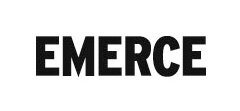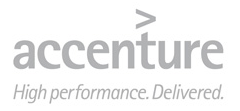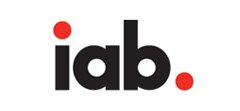Social accountability and public transparency
As social networking and social media are growing in significance, they have become an integral part of the digital lifestyle in Africa and the Middle East. In developing countries a myriad of social networks have been developed and introduced, specifically to meet the requirements of local users. Some are focused particularly on regions, others encapsulate everything that these regions have to offer.
Africa’s first Twitter Map (‘How Africa Tweets‘) revealed that the number of tweets is not necessarily related to the wealth of a particular country. Kenya ranked ahead of Nigeria and Egypt, despite those two countries being wealthier, more populous, and regular sources of headline news.
As social networking is growing faster in these developing countries, social media are becoming a tool for better accountability and connect ordinary men and women to traditional media. With various development actors, whether governmental or non-governmental active in these regions, this trend provides various possibilities to make development aid more effective.
Social media as a tool for accountable aid
Social networking has become a tool for accountability of development aid in two ways. On one side there are aid recipients. They have now new tools to hold aid delivers, government agencies, international organizations such as UN agencies and local NGO’s accountable. At other side there are tax payers and funders in donor countries. They have tools available to take their aid organizations, both government as well as NGO’s to account? How does this work? Will future success originate from the popularity of technology or is it the impact that generates popularity?
Social media as a tool for public transparency
In the Netherlands there are different indicators of public support for development aid. Overall there is a declining trend visible. Add to this an overall decline in public trust in institutions. All this is fed by a scepticism about the effectiveness of aid. Can social accountability contribute to more public trust? Are non profit organizations take the full benefit of social accountability? How are non profit organizations in Africa, Asia and the Middle East adapting to these new forms of accountability? What can we learn from this development?
Big data and effective aid
The past few years we have seen an overwhelming increase in open data. Adding layers of various data on demography, economy, education, health and providing context with social media will help making development more effective. The current debate on effectiveness is pushing non profit organizations to plan, monitor and evaluate their work more effectively. Public concern on spending sparks NGOs to improve their transparency and accountability. How are organizations cope with these possibilities and trends? What are success factors of social media as an accountability tool? What are the opportunities that open data can bring and what does this mean for the organization of the work non profit organizations are doing to benefit other people?
These are the questions that will be raised during the Social Talk with Arjen Mulder (WarChild), Niels Jansen (1%CLUB) and Mariken Gaanderse (Open for Change) during The Social Conference.


























